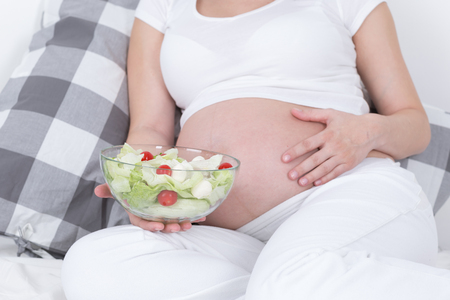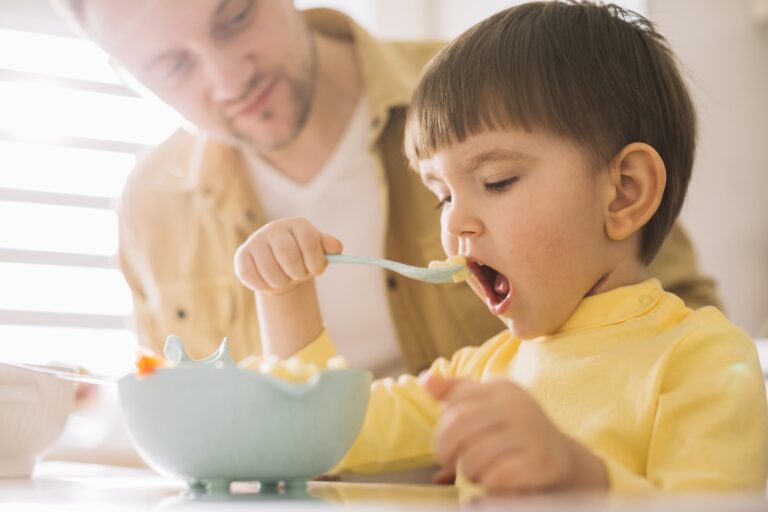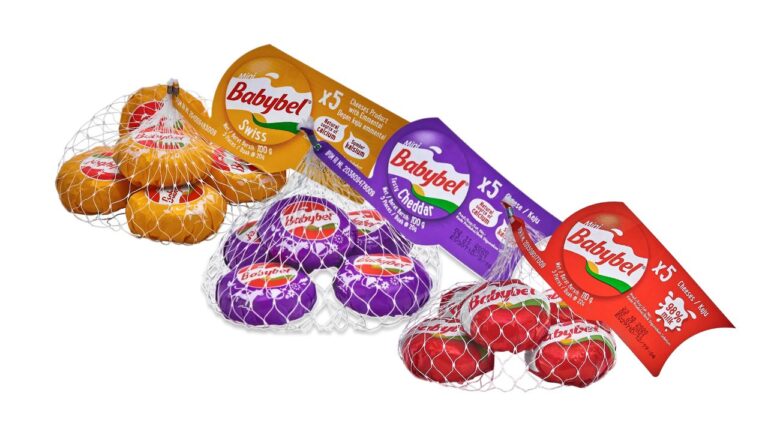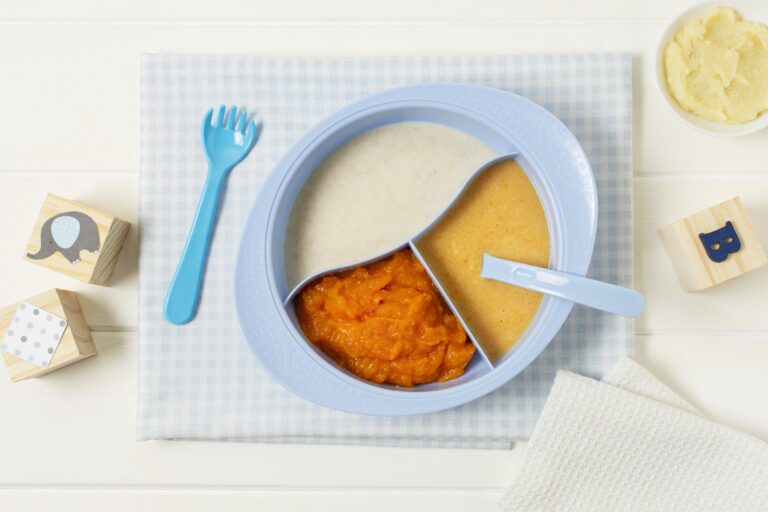As a pregnant or breastfeeding mother, you’re probably familiar with constant advice about what to eat. It might sound tiresome hearing this from various people, whether it’s your parents, neighbors, relations, or even your husband.
However, you have the right to choose which advice is truly beneficial for your baby’s nutrition. To filter out the genuinely helpful suggestions for both maternal and infant health, it’s best to learn about nutritional needs and their benefits. In this article, we’ll delve deeper into understanding the advantages of protein during pregnancy and breastfeeding.
Protein: Essential Nutrition for Mother and Baby
You may have heard that during pregnancy or breastfeeding, a mother’s nutritional needs increase. For instance, consider daily protein requirements. Before pregnancy, a woman’s daily protein needs is 50 grams. During pregnancy, this requirement can increase to more than 60 grams of protein per day.
Also read: 5 Benefits of Snacking and Healthy Recommendations
Why is Protein Crucial for Pregnant Women?
There are important reasons why daily protein intake needs to be met. Here are the benefits of protein for the health of pregnant and breastfeeding mothers, as well as their babies:
- Fetal Growth: Protein is the building block for new cell formation, including cells that form the fetus’s organs and tissues. Protein can stimulate brain development and organ function in the fetus, ensuring optimal functionality when the baby is born.
- Placenta Formation: The placenta is the organ connecting mother and fetus. Protein plays a vital role in the formation and function of the placenta.
- Blood Volume Increase: During pregnancy, the mother’s blood volume increases significantly, potentially doubling from its usual volume. Protein is necessary for maximizing red blood cell production.
- Body Tissue Repair: Protein helps repair maternal body tissues that undergo changes during pregnancy, such as skin, muscle, and uterine tissues. As we know, a pregnant woman’s body mass increases as the fetus grows, making protein’s role crucial here.
- Breast Milk Production: After childbirth, protein is essential for breast milk production. Breast milk contains protein that babies need for growth and development.
If a mother’s protein intake is insufficient, undesirable outcomes may occur, such as premature birth or low birth weight (LBW).
Cheese: A Practical and Nutritious Protein Source
Animal protein sources are known to prevent child malnutrition and stunting because animal-based foods have complete nutrients. Cheese is an easily obtainable and delicious animal protein source. Besides protein, cheese also contains calcium, phosphorus, vitamin B12, and healthy fats important for maternal and infant health.
Why Choose Cheese?
- Convenient: Cheese can be eaten as a snack or added to various dishes.
- Delicious Taste: Various types of cheese are available with diverse flavors, preventing boredom.
- Nutrient-Rich: In addition to protein, cheese contains other essential nutrients.
Also read: Healthy Diet Tips with Babybel Cheese
Besides cheese, to complete your daily protein intake, you can consume other protein sources such as meat, eggs, milk, and grains.
Conclusion
Protein is a crucial nutrient for pregnant and breastfeeding mothers. By consuming sufficient protein, mothers can ensure optimal fetal growth and development, as well as quality breast milk production. Cheese can be a practical and nutritious choice to meet protein needs during pregnancy and breastfeeding. Try The Laughing Cow products as a convenient option for your protein intake!






